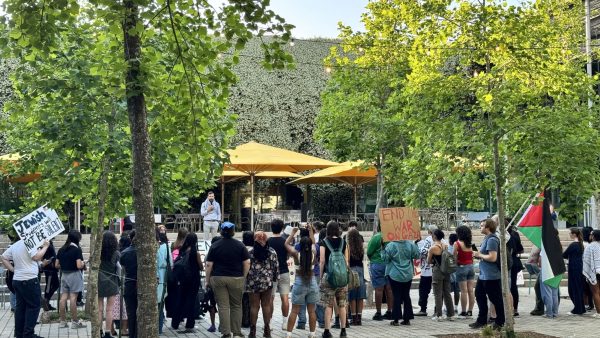No headline provided

December 10, 2010
Youtube videos seeking gift donations for children ofincarcerated parents, Facebook pages with updates on new charitableinitiatives, and Tweets that secure $100,000 pledges from A-listcelebrities – this is fundraising in a digital world.
Recognizing that ringing a bell outside a store, or sendingsolicitations through snail mail may no longer be the best way toreach an increasingly techno-savvy – and youthful – pool ofpotential donors, charities are learning to use social media topromote social good.
Even organizations as venerable as the 40-plus-year-old PrisonFellowship, which strives to help prisoners reconcile with theirfamilies and communities, are finding new ways to reach potentialdonors, and raise funds, through social media. This year, theorganization is using Facebook, Twitter andYoutube to spread its message and seek donations for its Angel Treeinitiative, which helps prison inmates give their children aChristmas gift.
“With the holidays rapidly approaching, using social mediaallows us to really convey to the public the urgency of the needsof these children,” says Mark Earley of Prison Fellowship. “Morethan 1.7 million American children have parents behind bars. Everytime a parent goes to prison, their sentence is also a form ofpunishment for their children. These kids don’t necessarilyunderstand why their parents are not with them for the holidays.They only want to be with their parents, and to feel their parents’love, just as any other child would during this special time ofyear.”
Children whose parents are serving time struggle with emotionsof anger, abandonment, loneliness and despair. At Christmas, a giftfrom an incarcerated parent can help them realize they are stillloved, and that the parent-child connection can survive theseparation of imprisonment.
Angel Tree delivers Christmas gifts to children on behalf oftheir incarcerated parents. This year, more than 50,000 childrenneed gifts. Since its founding, Angel Tree has helped nearly 2.7million children.
Angel Tree founder Mary Kay Beard knows firsthand the tollimprisonment can take on a parent-child relationship. Beard went toprison in the early ’70s for robbery. She spent three Christmasesin an Alabama prison for women, where she saw local church groupsbring the prisoners gifts of toothpaste and soap. The prisonerswould wrap these small gifts and give them to their children whenthey came to visit at Christmas.
“Most children wouldn’t think much of such small gifts, but inprison there was such joy on their faces,” Beard says. “It didn’treally matter to them what they got; it was from Mama.”
After gaining parole, Beard became Prison Fellowship’s firstAlabama state director in 1982. And the image of those childrenreceiving such small tokens for Christmas inspired her to organizea program that would help inmates deliver real Christmas gifts totheir children. The first Angel Tree was placed in a mall.Prisoners can sign up for the program and Angel Tree team memberscontact their children’s caretakers to determine what each childwould most like for Christmas. Each child’s wish is then written onan angel ornament and placed on the Angel Tree, where shoppers canselect a child and fulfill his or her Christmas wish.
This year, you can support Angel Tree through social media likeFacebook. You can “like” Angel Tree through Facebook, and evengive asecure gift online on the charity’s official website. Adonation of just $11.44 will fund a Christmas toy for a child. And,thanks to a matching grant from a friend of the ministry, onecontribution will provide toys for two children.
You can learn more about Angel Tree, or donate today, atwww.angeltree.org/social. Or follow the initiative on twitter@prisonfellowshp.























Leave a Comment